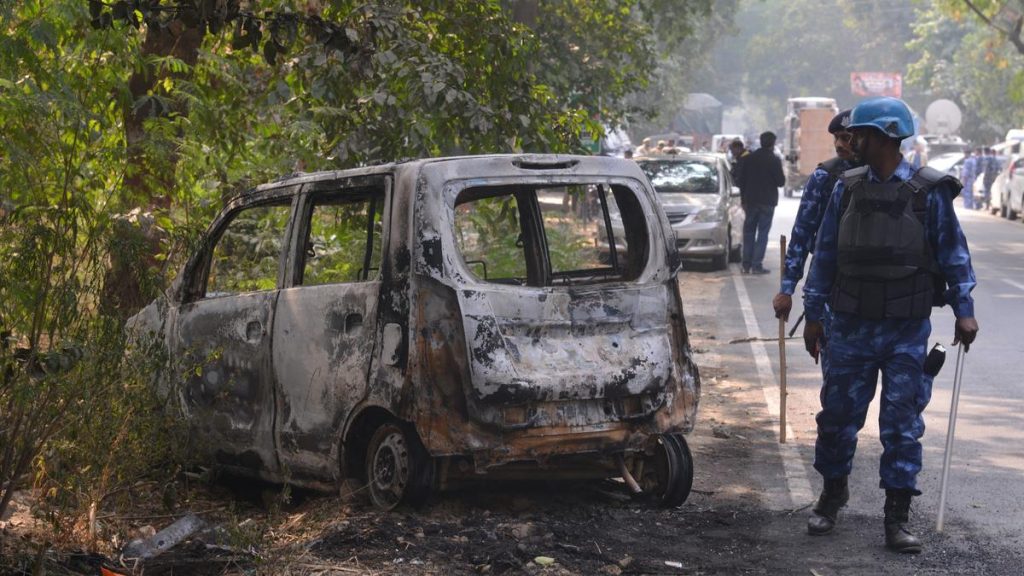Now Reading: Trump Delays Mexico Tariff Hike by 90 Days
-
01
Trump Delays Mexico Tariff Hike by 90 Days
Trump Delays Mexico Tariff Hike by 90 Days
Speedy Summary
- Tariffs on Mexico Postponed: President Trump announced a 90-day postponement of planned tariff hikes on Mexican goods after discussions with Mexico’s President Claudia Sheinbaum. The current 25% tariffs remain in place for non-North American trade pact goods.
- Specific Tariff Rates: Autos face 25% tariffs; copper, aluminum, and steel face 50%.
- India-U.S. Negotiations: Goods from India appear set for a 25% tariff due to unresolved issues over access to India’s agricultural sector. Additional penalties related to India’s purchase of russian oil where hinted at. This resulted in opposition-led backlash and a slump in the Indian rupee.
- South Korea Deal Secured: South korea agreed to lower auto tariffs from 25% to 15%, accompanied by a pledge to invest $350 billion in U.S. projects selected by trump.
- Brazil Hit with Steeper Tariffs: Brazil faces 50% tariffs across various sectors but received exemptions for aircraft, energy, and orange juice amid tensions over its prosecution of former President Bolsonaro.
- Legal Pushback Against Trump’s Actions: Federal court judges questioned Trump’s use of emergency powers under the International Emergency Economic Powers act (IEEPA) as justification for imposing sweeping tariffs, signaling skepticism toward their legality.
- Ongoing China Negotiations: U.S.-China discussions continue amid impending deadlines for finalizing trade agreements aimed at easing escalating tariffs.
Indian Opinion Analysis
India’s ongoing negotiations with the U.S., particularly over agricultural market access, reflect unresolved policy challenges that could affect bilateral relations and economic dynamics significantly. A potential penalty tied to India’s Russian oil purchases adds complexity against geopolitical considerations surrounding energy security.
The imposition of a potential 25% tariff may negatively impact Indian exporters relying on the American market while raising concerns about economic ripple effects such as currency fluctuations-evidenced by the rupee slump noted post-announcement.
While India’s resolve to protect labor-intensive sectors like agriculture highlights domestic priorities, achieving balanced solutions remains crucial amidst intensifying competition within global trade landscapes marked by strategic power struggles among nations like China and Mexico seeking favorable agreements.
In maintaining neutrality alongside national interest protections within certain sectors-which prompted opposition backlash-India faces delicate long-term implications if talks don’t progress favorably before broader systemic outcomes emerge globally.

























